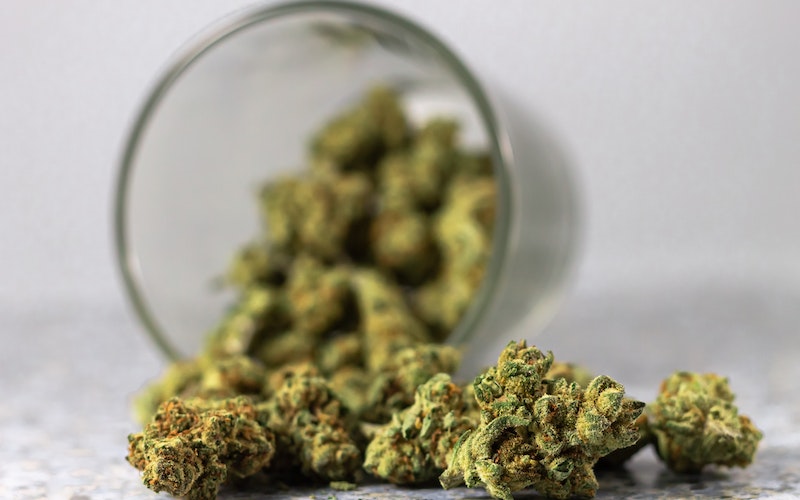
TESTSTSARDSAR
Accusations of Inflated THC Potency Surface in Canada by Johnny Green
A coalition of cannabis producers and testing laboratories in Canada are alleging that some entities are inflating their cannabis product THC potency levels, sometimes as much as twenty percent.
“There are cannabis companies in the top 10 that are absolutely inflating their flower values,” said Borna Zlamalik, senior vice-president of innovation and research and development at Moncton-based producer OrganiGram Holdings Inc. The comments were first reported by Globe and Mail. “I think there are some companies that have maliciously narrowed down their sample procedures to get the best flower.”
Allegations of THC inflation are not new in the cannabis industry. Part of the problem is on the producer/laboratory/retailer side of the equation, however, there’s also some blame on the consumer side as well.
It’s well known in the cannabis world that many consumers, for better or worse, rely solely on THC percentage when making their purchasing decisions. That ‘THC shopping’ phenomenon compounds the problem as entities strive to get the highest THC percentage on their flower products regardless of whether quality is being boosted or not.
The latest allegations being hurled in Canada highlight the growing need to overhaul how cannabis is organized. Indica, sativa, and THC percentages – they are all archaic ways of categorizing cannabis products.
Instead, true science should drive how cannabis products are categorized, led largely by ‘terpene profiles.’ Terpenes are found in all cannabis flower, and it’s what gives cannabis its smell. The cannabis plant contains dozens of terpenes in different ratios, often referred to as terpene profiles.
Knowing a harvest’s terpene profile is a much better indicator of what effects and wellness benefits a consumer or patient can expect compared to one lab’s testing results of a very small sample of the harvest.
Different terpenes are associated with different effects, and while it’s a more cumbersome form of categorization compared to a simple indica/sativa model, it’s far more insightful and will undoubtedly serve as the future of how cannabis is viewed by dispensary and cannabis club customers.
A link to your site, with your site’s name and description as anchor text.






